Why Did Keisha Lance Bottoms Quit?
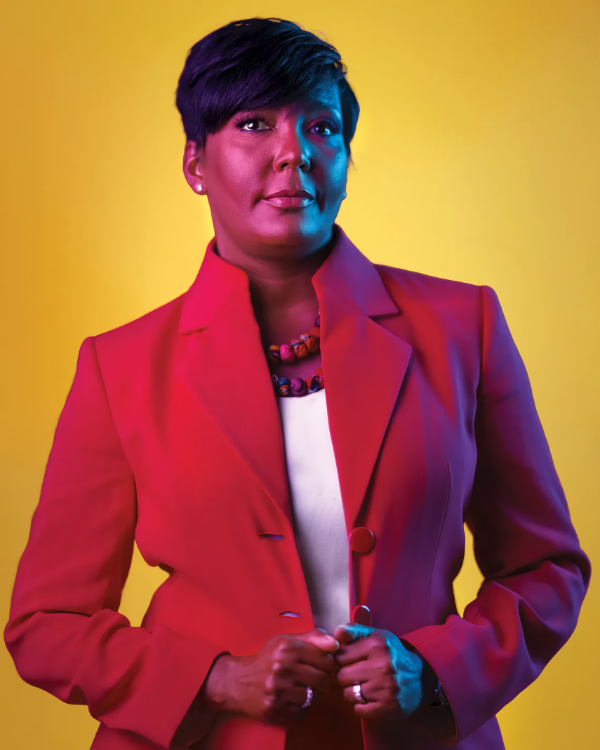
Bottoms was mayor of Atlanta until her term ended on Monday.
Zak Cheney-Rice for Intelligencer:
Bottoms’s time in office has been marked by dizzying highs (she was on the shortlist to become Joe Biden’s vice-president in 2020) and shocking lows, like her sudden announcement in May that, after a solitary term, she wouldn’t run for reelection that fall.
Cheney-Rice continues:
It wasn’t supposed to end like this. When she took office in 2018, magic was the theme of her inauguration, a term she used liberally to describe the election that lifted her, “a girl named Keisha,” to the highest office in America’s so-called Black mecca. “I truly believe it was the energy and inspiration of generations of Black-girl magic that fueled our victory,” the mayor said in her first big speech, at Morehouse College. “I am Atlanta magic. You are Atlanta magic. We are Atlanta magic.”
In 2020, like many major cities across the country, Atlanta experienced a surge in violent crime. Bottoms found herself trying to appease those calling for police reform and long-standing power structures demanding law and order.
The mayor responded to the increased violence by trying to satisfy a lot of conflicting demands while avoiding the one that gave the protests their unusual intensity: the idea that policing itself is a crisis and needs to be reimagined or abolished. She earned plaudits for being decisive in 2020 when she fired Officer Rolfe and accepted the resignation of Chief Erika Shields. Then 170 cops called out sick in protest. Less than a year after protesters had chanted “Defund the police” up and down Atlanta’s thoroughfares, the mayor rewarded the officers’ abdication of duty with a $2,500 pay bonus across the department.
It seems situations like these played a big role in her choosing not to run again.
She is also leaving a parting gift for the city’s police. The Atlanta Public Safety Training Center, approved by the City Council in September and supported by Governor Kemp, is set to replace an older facility that the mayor calls “deplorable” — “I wouldn’t send my worst enemy over there,” she told me. If it looks anything like the early renderings, the new center will be bucolic.
To be fair, being mayor of any major city has to be tough. Especially for a Black mayor — even in Atlanta (which has had a string of Black mayors since 1974).
Bottoms’s story is indicative of just how hard it is for someone, even when they’re “in charge”, to bring about substantive change when they’re working within a system designed to maintain the status quo.
Every Day Is Jan. 6 Now
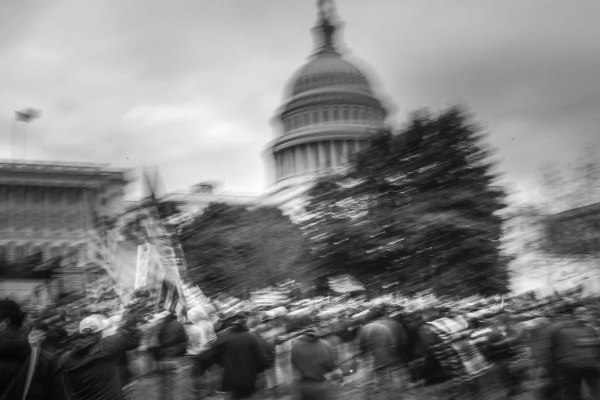
The New York Times Editorial Board:
Over the past year, Republican lawmakers in 41 states have been trying to advance the goals of the Jan. 6 rioters — not by breaking laws but by making them. Hundreds of bills have been proposed and nearly three dozen laws have been passed that empower state legislatures to sabotage their own elections and overturn the will of their voters, according to a running tally by a nonpartisan consortium of pro-democracy organizations. […]
Many of these laws are being proposed and passed in crucial battleground states like Arizona, Wisconsin, Georgia and Pennsylvania. In the aftermath of the 2020 election, the Trump campaign targeted voting results in all these states, suing for recounts or trying to intimidate officials into finding “missing” votes. The effort failed, thanks primarily to the professionalism and integrity of election officials. Many of those officials have since been stripped of their power or pushed out of office and replaced by people who openly say the last election was fraudulent.
Public Schools Are Struggling to Retain Black Teachers
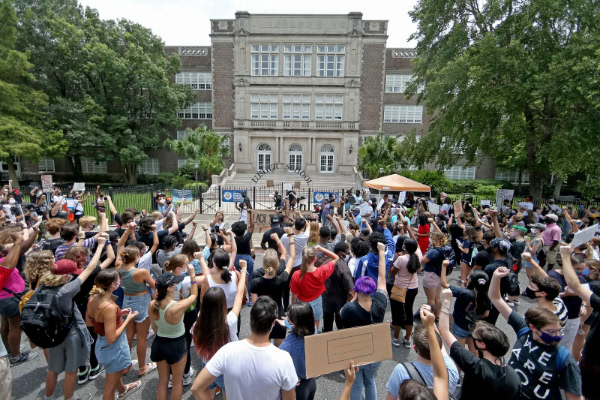
Sarah Carr, reporting for Time:
Black teachers were more than twice as likely as other teachers in the winter of 2021 to say they planned to leave their jobs at the end of the 2020-21 school year, according to a report released by the RAND Corporation. […]
Despite all the recent and increasingly dire warnings of a teacher shortage in some parts of the country, we have too often failed to clarify who is most at risk from the departures: Black and Latino educators and the students of color who rely on them. Students of color perform better academically, and are more likely to stay in school, when they are exposed to teachers of their race or ethnicity. White students benefit too.
Meanwhile, many districts and schools continue to believe they can hire their way out of the teacher diversity problem—if they acknowledge it’s a problem at all—and fail to take on the hard work of transforming school culture.
In West Virginia, the pastor who defied the odds to create a diverse congregation
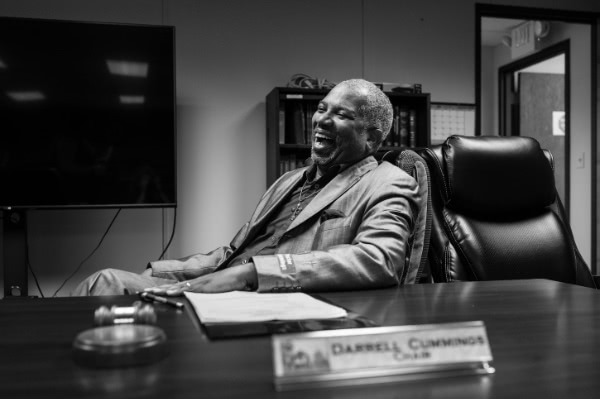
Nora Edinger, reporting for The Washington Post:
At 11 a.m. each Sunday — labeled by the Rev. Martin Luther King Jr. as one of the most segregated hours in Christian America — an Appalachian church goes live on YouTube and Facebook. Organ chords and a rat-a-tat drum beat kick in. Then, in a city that’s 91 percent White, a Black pastor leads a congregation in a theme song that sums up his ministry. “One Lord, one faith, one baptism and I’ll tell it everywhere I go,” the Rev. Darrell Cummings sings in a voice grown gravelly after four decades of preaching, 31 years of that at Bethlehem Apostolic Temple in Wheeling, W.Va.
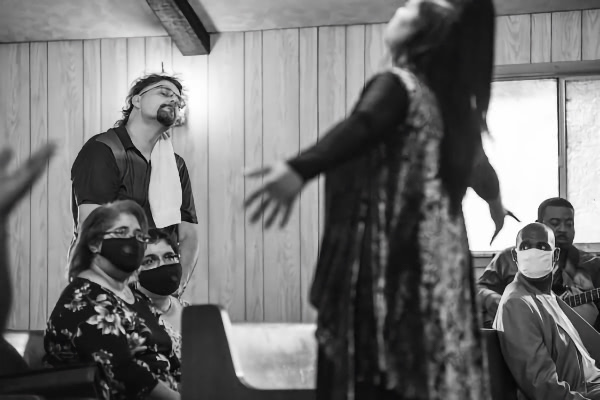
Angela Bassett Is Still Burning It Down
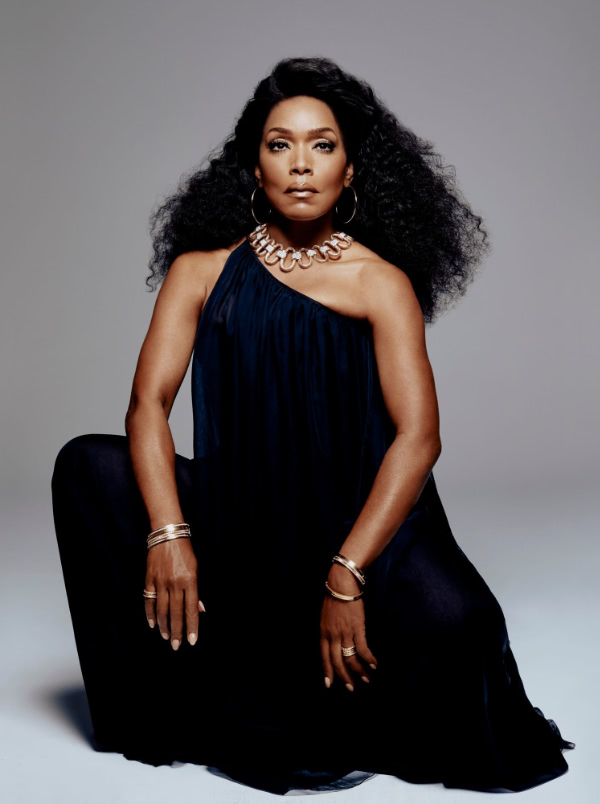
Maya Allen interviews Bassett for InStyle.
Bassett on the most badass thing she’s ever done:
I think it was to confidently go after my dreams without someone providing personal instruction and direction for me. I had to figure a lot of it out for myself. My senior year in college, I told myself, “I’m going to give my own dreams a shot. And should they not work out the way I desire, I have all the time in the world to maybe give someone else’s a shot.” I look up to every single woman who has the courage to follow her heart. Any woman in any discipline who’s doing her thing. It takes courage and bravery to do it anyway when you’re unsure.

Bassett takes the InStyle “Badass Questionnaire”:
“Having it all is being satisfied with what you have.”
Wash Day: Black Women Are Passing Down Natural Hair Pride to the Next Generation

Tomesha Faxlo for Parents:
As a photographer, I could not think of a better way to illustrate that pride than through images of the ritual we know as wash day.
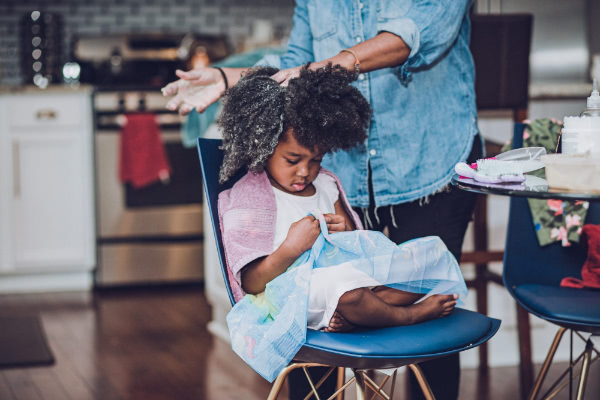

Thanks for reading. See you next week.
